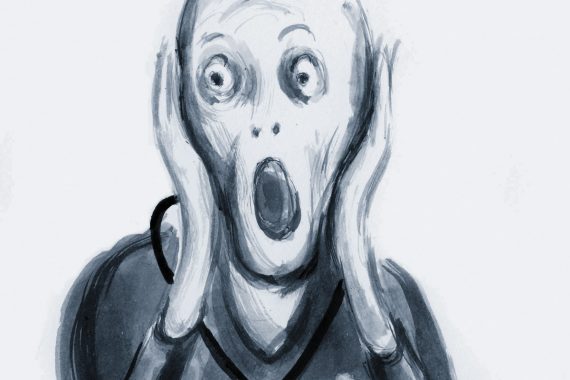When did you first notice symptoms of ME/ CFS?
Tracy, now aged 54, first started displaying signs of ME/CFS 11 years ago, when she was recovering from a viral infection.
“In August 2014 I had a viral infection and experienced a lot of aches, hip pains and just a general feeling of being unwell and a lack of energy,” recollects Tracy. “I was still really low in energy and was getting cold symptoms quite regularly afterwards for a few months. I was a really, really active person and I couldn’t achieve the level of activity that I was used to. “I used to prepare evening meals from scratch, as I loved cooking, and one of the first things I noticed was that I wasn’t able to do that every night. I started doing it less and less and began getting takeaways, or do something that didn’t need preparation, that I could just put in the oven.”
After months of gradual energy decline and increasing symptoms, Tracy first addressed her concerns with her GP in January 2015.
“They said that it sounded like post-viral fatigue syndrome and said it would either just ease off eventually, or it could develop into ME,” says Tracy. “I had heard of ME in terms of I knew that they’d called it ‘yuppie flu’ when I was younger, but I didn’t know anything about it. I had to Google what it was.”
Tracy was officially diagnosed with ME/CFS in January 2018, but had already taken medical redundancy from her biomedical research associate role at the University of Sheffield at that point, as her symptoms had progressed from mild to severe.
“I was finding that I would be fine on a Monday and on Tuesday morning, but by Tuesday afternoon I would start getting cold symptoms,” shares Tracy. “I was constantly blowing my nose, sneezing, and was feeling really lethargic.”
Then she caught an infection and after returning to work after a two-month sick leave period, she was unable to manage even half of her former workload.
“I would go in on a Monday, do a few hours, and be utterly shattered by the time I got home, and then I would feel worse the next day, so that’s why I had to finish that job which I loved,” says Tracy.
“It’s such a complex illness to understand. I try to kind of get to grips with it in terms of trying to find patterns, like when I do this, this then happens, but things change all of the time and new symptoms appear. Every time I think, I’m starting to understand and think I am able to plan ahead, something messes up.”


